
2017 Productivity Up, but what about 2018?
Around this time last year, our normal year-end and new year review were written and we got a few things right, especially in relation to the mainstream housing market is in surprisingly good health at the end of 2016 and seemingly ready to absorb any uncertainty around the Brexit process. We predicted that house prices in 2017 would remain static or show a small increase, with the exception of London where we predicted a fall.
The recent Nationwide house prices report confirmed that House prices ended 2017 2.6% higher than when the year started, with London identified as the UK’s weakest-performing region for the first time since 2004, according to an index.
Our top tip last year was to encourage buyers looking over £2.0m, to jump off the fence because in this sector it could well be the time for buyers to take a risk before prices move upwards after years of poor performance.
Nothing much happened until the third quarter of 2017, and then sales were being created between £1.75m and £2.5m. including this stunning house in Henley on Thames which went under offer on a guide offers in excess of £2.250m., with multiple offers received during a short marketing spell between October and December 2017.
 A factor influencing this outcome was the presenter lead video tour which provided added results during the marketing.
A factor influencing this outcome was the presenter lead video tour which provided added results during the marketing.
McCarthy Holden’s trading was up for 2017 so the year ahead is being approached with optimism, despite any potential uncertainty around Brexit.
Across the UK, the average price was £211,156 in December, marking a 0.6% month-on-month increase as well as the 2.6% annual uplift, Nationwide Building Society said. The annual rise was the slowest for any calendar year since 2012. It compares with a 4.5% annual increase in December 2016.
For the first year since 2008, prices in northern England and the Midlands combined grew at a faster rate than in southern England, Nationwide said, with a 3.6% year-on-year increase compared with 1.6%. In London, prices were down 0.5% annually, taking the average to £470,922.
The strongest-performing region was the West Midlands, with prices up by 5.2% annually, followed by the South West at 4.8%.
Robert Gardner, Nationwide’s chief economist, said 2017 “saw the beginnings of a shift”, as rates of price growth in the South moderated towards those in the rest of the country.
Nationwide calculated that would-be buyers face spending around eight years saving for a deposit, rising to nine years in the South East and nearly 10 years in London.
Mr Gardner said subdued economic activity and an ongoing squeeze on household budgets is likely to exert a modest drag on housing market activity and price growth in 2018. He said: “Overall, we expect house prices to record a marginal gain of around 1% in 2018.
2018 Steady House Sales and Squeezed Landlords
At McCarthy Holden, our belief is that for 2018 there will be a similar growth in house prices to that of 2017 and similar levels of transaction numbers, so overall a steady and relatively healthy house sales market. Based on quarter three 2017 market activity, the top end (£2.0m. plus) market may see a modest recovery in transactions but little improvement in price levels.
For the rental sector, the Government is likely to introduce the banning of tenant fees. Landlords will have to absorb these costs because they relate to important safeguarding measures, with the likely outcome of higher rent levels and the tenant ending up picking the cost up ultimately. The demand for private sector rental will continue to increase, but the squeeze on Landlord margins will also.
Wish List
Our big wish for 2018 is that Government stops interfering with and manipulating the market with stamp duty tweaks to either suppress prices or increase availability because their measures in recent years have resulted in higher prices for first-time buyers and a subdued top end market.
The mid to top end property sectors are long overdue a stamp duty reform since the disastrous hike in the stamp levy on larger properties by George Osborne, because ever since Osborne significantly increased house purchase stamp duty on more expensive properties, especially over £2.0m., this sector stagnated, tax revenue fell and buyers motivations to move hit rock bottom, which in turn has impacted directly on availability of housing stock. It’s obvious that if there is a healthy top end with motivated sellers and buyer this will feed into the mid to lower end sectors because buyers will have the motivation to move and the supply side of property will increase. Politically We do of course recognise that the Government is weak, thus lacking the resolve to stand up to the inevitable Jeremy Corbyn stance to a reduction in top end stamp duty, however the prospect of a looking after the rich accusation by Corbyn should be faced down in the greater interest of achieving a supply side and mobility gain with the prospect of increased tax revenue.
The bigger issue on housing is however for Government to urgently start engaging with building council houses, an infrastructure decision that would boost jobs and help those most in need of housing help. This is not socialism, but instead, just good common sense designed to enhance the economy and provide much needed additional housing stock outside of the private sector. However, with Brexit absorbing so much time and resources there is little hope of a meaningful focus on housing, unfortunately.
Overall, entering 2018 with an economy in good shape and a housing market that has escaped all of the negatives about Brexit (remember Mr Osborne’s warning of and immediate 18% house price reduction) and a manufacturing base that is on the up are all good reasons to be positive about a healthy property market in the year ahead.
Start your 2018 property search or valuation update here.
Footnote:
Here are average house prices across the UK and the annual change, according to Nationwide Building Society:
West Midlands, £182,861, 5.2%
South West, £239,576, 4.8%
East Midlands, £177,180, 4.6%
North West, £157,488, 4%
Wales, £150,885, 3.3%
Outer South East (includes Central Bedfordshire, East Sussex, Isle of Wight, Mid Hampshire, Milton Keynes and Aylesbury, North Essex, Oxfordshire, West Berkshire), £277,030, 3.1%
Scotland, £146,578, 2.6%
East Anglia, £223,613, 2.3%
Northern Ireland, £131,989, 2%
Yorkshire and Humberside, £151,747, 1.8%
Outer Metropolitan (includes Central Kent, East, West and North Surrey, Hertfordshire, Reading, Slough, South Buckinghamshire and Chilterns and Windsor and Maidenhead), £361,598, 1.2%
North East, £124,535, 0.2%
London, £470,922, minus 0.5%




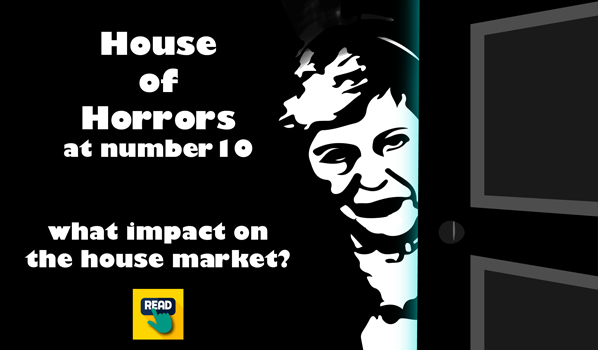






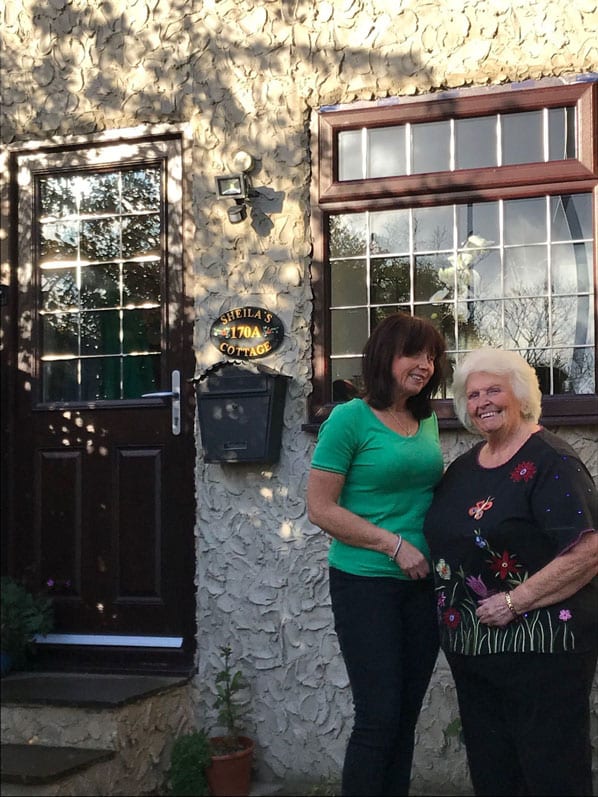


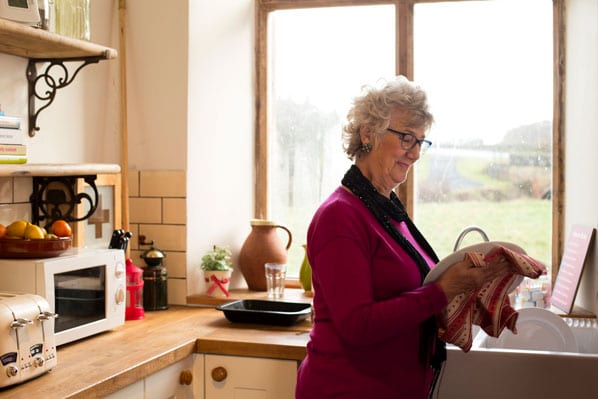


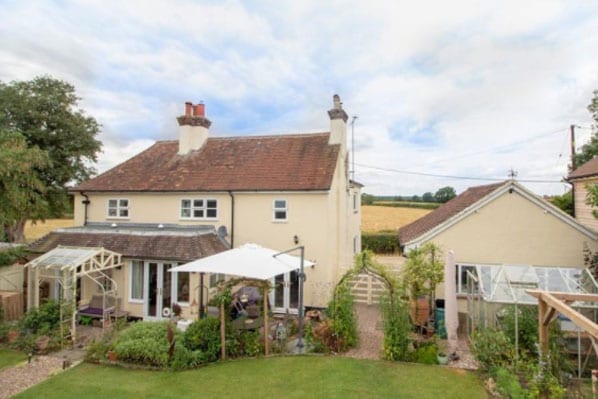


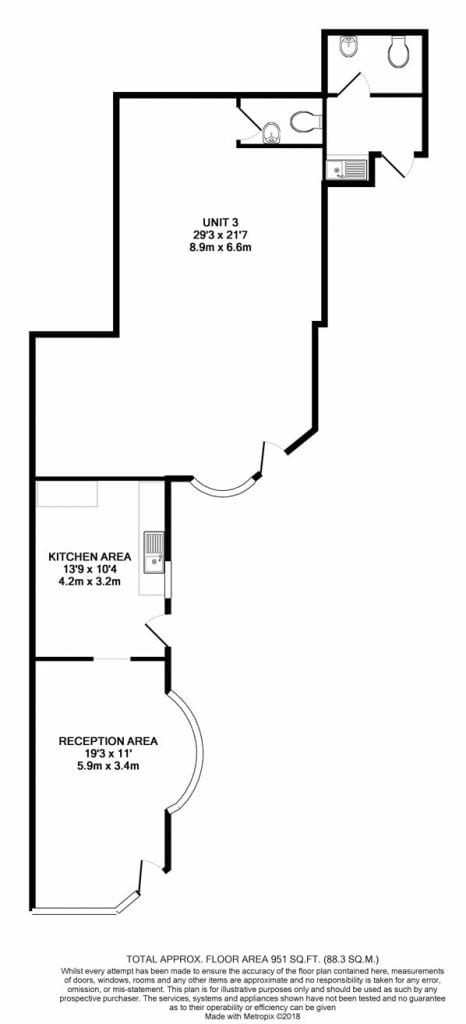







 A factor influencing this outcome was the
A factor influencing this outcome was the 